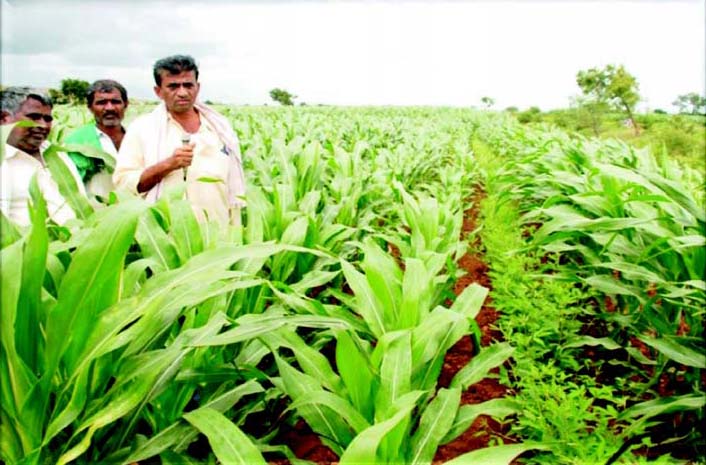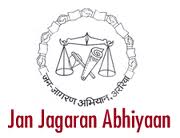Governance
The return of the earthworm: Association for India's Development's (AID-JHU) practicing organic farming in the Sunderbans
Posted on 08 Apr, 2012 10:51 PMArticle and Video Courtesy : Association for India's Development - Johns Hopkins University
Author : Nishikant
Critical analysis of the overarching issues in Indian agriculture - State of Indian agriculture report (2011-2012)
Posted on 06 Apr, 2012 06:57 PM
Restructuring in 2012 of District Rural Development Agency set up by Ministry of Rural Development
Posted on 05 Apr, 2012 09:25 PMThe MoRD constituted the present Committee with a mandate to study the structure of the DRDA and suggest measures to strengthen their professional character so that they could be useful to the Zila Parishads and the district administration in planning for removal of rural poverty.
Integrated Child Development Scheme and Jan Jagaran Shakti Sangathan looking for volunteers, Bihar, April 20, 2012
Posted on 04 Apr, 2012 03:29 PM

The Integrated Child Development Sevices (ICDS) Programme aims at providing services to pre-school children in an integrated manner so as to ensure proper growth and development of children in rural, tribal and slum areas. ICDS is a centrally sponsored scheme.
Description:
ICDS directorate, Bihar plans to conduct audits in East Champaran District with the help of Jan Jagaran Shakti Sangathan (JSS) and other civil society organizations. JJSS also plans to conduct social audits and awareness campaigns in few other districts (subject to interest of the local administration).
Impending water crisis in India and comparing clean water standards among developing and developed nations - A overview of the issues surounding India's water scarcity
Posted on 03 Apr, 2012 03:09 PMThe two concepts required for analysis of water as regards human consumption are availability and access. Availability refers to the physical presence of adequate water supplies and is influenced by physical and environmental factors.
People of Nuapada district in Odisha build a stop dam themselves - Roundup of audio updates from CGNet Swara (Sep 2011 to Feb 2012)
Posted on 03 Apr, 2012 02:57 PMPeople get together to build a stop dam themselves
The people of Khariar road town in Odisha have long requested a check dam across the river Jonk. Khuturam Sunani describes how they have now begun constructing it through shramadaan.
The what, why and how of environmental flows: Presentations made during an IUCN training programme in Kathmandu, 2011
Posted on 03 Apr, 2012 01:42 PM Bagmati River at Pashupatinath Temple, Kathmandu, Nepal (Photo: IUCN\Stefano Barchiesi)
Bagmati River at Pashupatinath Temple, Kathmandu, Nepal (Photo: IUCN\Stefano Barchiesi)
Supreme Court order in February 27, 2012 on the interlinking of rivers project A statement and an appeal by concerned citizens to think of all the implications
Posted on 29 Mar, 2012 06:37 PMThe full statement is as follows -
We, the signatories to this statement, wish to record our utmost concern at the Hon’ble Supreme Court’s judgment of 27 February 2012 on the Inter-Linking of Rivers Project (ILR), on the following grounds:
Corporatising water: India's draft National Water Policy - A document published by the Institute for Agriculture and Trade Policy
Posted on 21 Mar, 2012 12:17 PMThe document argues that the latest example of this is India’s Draft National Water Policy (NWP) circulated by the Ministry of Water Resources. At first glance, it appears as if the policy has been taking a holistic approach to water resources management, with a clear recognition of India’s water woes.






